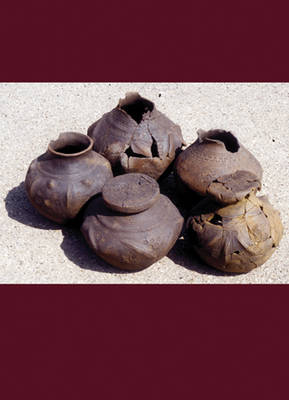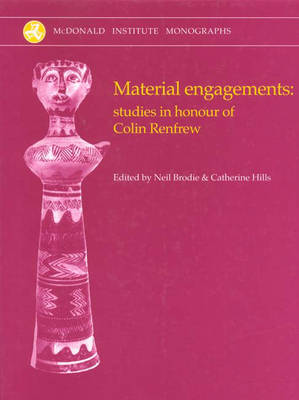McDonald Institute Monographs
2 total works
Spong Hill, with over 2500 cremations, remains the largest early Anglo-Saxon cremation cemetery to have been excavated in Britain. This volume presents the long-awaited chronology and synthesis of the site. It gives a detailed overview of the artefactual evidence, which includes over 1200 objects of bone, antler and ivory. Using this information, together with programmes of correspondence analysis of the cremation urns and the grave-goods, a revised phasing and chronology of the site is offered, which argues that it is largely fifth-century in date. The implications of this revised dating for interpretations of the early medieval period in Britain and further afield are explored in full.
The subject matter of archaeology is the engagement of human beings, now and in the past, with both the natural world and the material world they have created. All aspects of human activity are potentially relevant to archaeological research, and, conversely, the ways in which others, especially artists and anthropologists, have investigated the world are of interest to archaeologists. Archaeological artefacts and sites are also used by groups and nations to establish identity, and for financial gain, both through tourism and trade in antiquities. Colin Renfrew has actively engaged with art, with politics and with the antiquities trade, and has presented his ideas to broad audiences through accessible books and television programmes, as well as championing the cause of archaeology in many public roles. The papers in this volume, which have been written by colleagues and former students on the occasion of his retirement, relate to all of these subject areas, and together give some idea of the complexity of the issues raised by critical engagements with the material world, both past and present.

